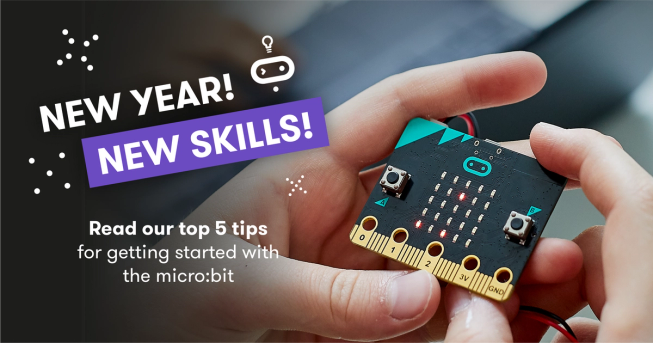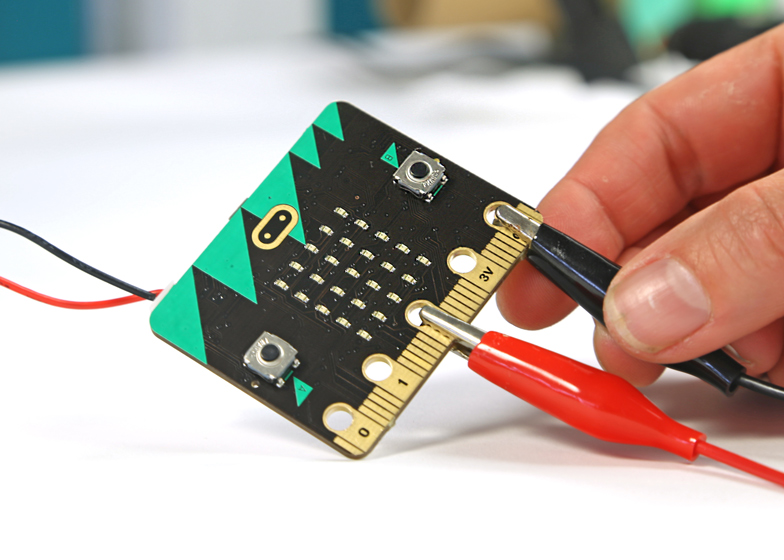
INTRODUCTION:
Educational Background: Obtain a solid educational foundation in fields related to micro technology, such as electrical engineering, physics, materials science, or micro systems engineering. Look for universities or technical institutes offering programs or courses specifically focused on micro technology.
Gain Relevant Skills of Micro technology:
Develop skills in areas such as semiconductor fabrication, micro fabrication techniques, micro-elector-mechanical systems (MEMS), nanotechnology, and device physics. This might involve hands-on laboratory experience, internships, or research projects.
Stay Updated: Keep up with the latest advancements and trends in micro technology by reading academic journals, attending conferences, and joining professional organisations in the field.
Networking: Build a strong network within the micro technology community by connecting with professionals, researchers, and industry experts.
Internships and Co-op Programs: Gain practical experience through internships or cooperative education programs with companies or research institutions involved in . This hands-on experience can be invaluable for building your skills and understanding of the industry.
Projects and Research: Engage in projects or research related to micro technology, either independently or as part of a team. This could involve designing and building micro-scale devices, conducting experiments, or contributing to cutting-edge research initiatives.
Continuing Education: Consider pursuing advanced degrees or certifications to further specialise in related fields. Advanced education can open up opportunities for higher-level positions and research roles.

Job Search: Start exploring job opportunities in micro technology by searching online job boards, company websites, and professional networking platforms. Tailor your resume and cover letter to highlight your relevant skills and experiences in micro technology.
Professional Development: Continuously invest in your professional development by attending workshops, seminars, or online courses to expand your knowledge and skills related areas.
Adaptability and Persistence: Keep an open mind and be prepared to adapt to changes in the industry. Persistence is key, as breaking into a specialised field like micro technology may require patience and perseverance.
By following these steps and remaining dedicated to your goals, you can start building a successful career. Good luck!
Build a Portfolio: As you gain experience and complete projects in micro technology, assemble a portfolio showcasing your work. Include descriptions of projects, your contributions, and any outcomes or results achieved. A strong portfolio can be a powerful tool for demonstrating your skills and expertise to potential employers or collaborators.
Specialise: Consider specialising in a specific area within that aligns with your interests and career goals. Whether it’s semiconductor devices, sensors, microfloppies, or phonics, becoming an expert in a niche area can set you apart in the job market and open up unique opportunities.
Seek Mentorship: Look for mentors within the field who can offer guidance, advice, and support as you navigate your career path. A mentor can provide valuable insights, help you overcome challenges, and introduce you to valuable connections in the industry.
Stay Current with Tools and Techniques: Keep abreast of advancements in micro fabrication tools, simulation software, characterisation techniques, and other technologies relevant to micro technology. Familiarity with the latest tools and techniques can enhance your capabilities and make you more competitive in the job market.
Contribute to the Community: Get involved in the micro technology community by participating in forums, discussion groups, or volunteering for relevant organisations or events. Contributing your expertise and insights can help you establish yourself as a respected member of the community and expand your professional network.
Consider Entrepreneurship: If you have innovative ideas or inventions in , consider exploring entrepreneurship as a career path. Launching your own startup or pursuing technology commercialisation can be challenging but rewarding avenues for applying your skills and making a meaningful impact in the field.
Continuously Learn and Adapt: The field of micro technology is constantly evolving, with new technologies, materials, and applications emerging regularly. Stay curious, embrace lifelong learning, and be willing to adapt to changes in the industry to remain relevant and competitive throughout your career.
Network Strategically: Be strategic about expanding your professional network within the industry. Attend industry conferences, workshops, and networking events where you can meet potential collaborators, mentors, and employers. Cultivate genuine connections and maintain relationships with colleagues and industry contacts over time.
By following these additional steps and continuing to focus on your professional development, you can further enhance your prospects and advance your career in micro technology. Keep striving for excellence, stay proactive, and remain passionate about the fascinating world.
Stay Ethical and Responsible: In a field as advanced and potentially impact as micro technology, it’s crucial to prioritise ethics and responsibility. Consider the ethical implications of your work, such as privacy concerns with micro sensors or the environmental impact of micro fabrication processes. Strive to contribute to solutions that benefit society while minimising potential harm.

Develop Soft Skills: Alongside technical expertise, cultivate soft skills such as communication, teamwork, problem-solving, and leadership. These skills are essential for collaborating effectively with colleagues, presenting your ideas persuasively, and navigating complex projects and situations in the workplace.
Seek Feedback and Learn from Failures: Embrace feedback from peers, mentors, and supervisors to identify areas for improvement and growth. Be open to constructive criticism and view failures as learning opportunities rather than setbacks. Use feedback to refine your skills, enhance your performance, and achieve greater success in your career.
Stay Resilient: A career in micro technology, like any other field, may have its challenges and setbacks. Stay resilient in the face of obstacles, setbacks, and rejection. Cultivate a positive mindset, persevere through adversity, and maintain confidence in your abilities and goals.
Explore Interdisciplinary Opportunities: Micro technology intersects with various disciplines, including biology, medicine, chemistry, and environmental science. Consider exploring interdisciplinary collaborations and projects to broaden your expertise and address complex challenges from multiple perspectives.
Stay Organised and Manage Time Effectively: In a fast-paced and demanding field like , effective time management and organisation are essential. Prioritise tasks, set goals, and establish routines to maximise productivity and ensure timely completion of
- Education: Pursue a relevant academic background, typically in engineering or a related field. Look for programs that offer courses specifically in micro technology, microelectronics, nanotechnology, or similar subjects. A bachelor’s degree is often the minimum requirement, but higher degrees like a master’s or Ph.D. can provide more specialised knowledge and opportunities.
- Gain Knowledge: Familiarise yourself with the fundamentals of micro technology, including semiconductor physics, micro fabrication techniques, circuit design, and microelectronic systems (MEMS). Stay updated on the latest advancements and trends in the field through academic journals, industry publications, and online resources.
- Develop Skills: Hone your technical skills in areas such as computer-aided design (CAD), programming languages (e.g., C, C++, Python), electronics prototyping, and laboratory techniques. Hands-on experience with tools and equipment used in micro fabrication facilities (clean rooms) is particularly valuable.
- Hands-on Projects: Engage in hands-on projects to apply your knowledge and skills. This could involve designing and building microelectronic circuits, experimenting with MEMS devices, or working on research projects with professors or industry professionals.
- Internships and Co-op Programs: Seek out internships or cooperative education (co-op) programs with companies or research institutions involved in micro technology. These opportunities provide valuable real-world experience, networking opportunities, and potential pathways to full-time employment.
- Networking: Attend conferences, workshops, and networking events related to meet professionals in the field, learn about job opportunities, and stay connected with the latest developments. Joining professional organisations like the Institute of Electrical and Electronics Engineers (IEEE) or the American Vacuum Society (AVS) can also be beneficial.
- Job Search: Begin your job search by exploring job boards, company websites, and professional networking platforms like LinkedIn. Tailor your resume and cover letter to highlight relevant skills and experiences in micro technology. Consider reaching out to alumni from your academic program or professionals in your network for advice and potential job leads.
- Continuous Learning: Micro technology is a rapidly evolving field, so commit to lifelong learning and professional development. Stay updated on emerging technologies, pursue advanced certifications or specialised training programs, and consider furthering your education if needed to advance your career goals.
By following these steps and remaining dedicated to your professional development, you can embark on a fulfilling career in micro technology.

